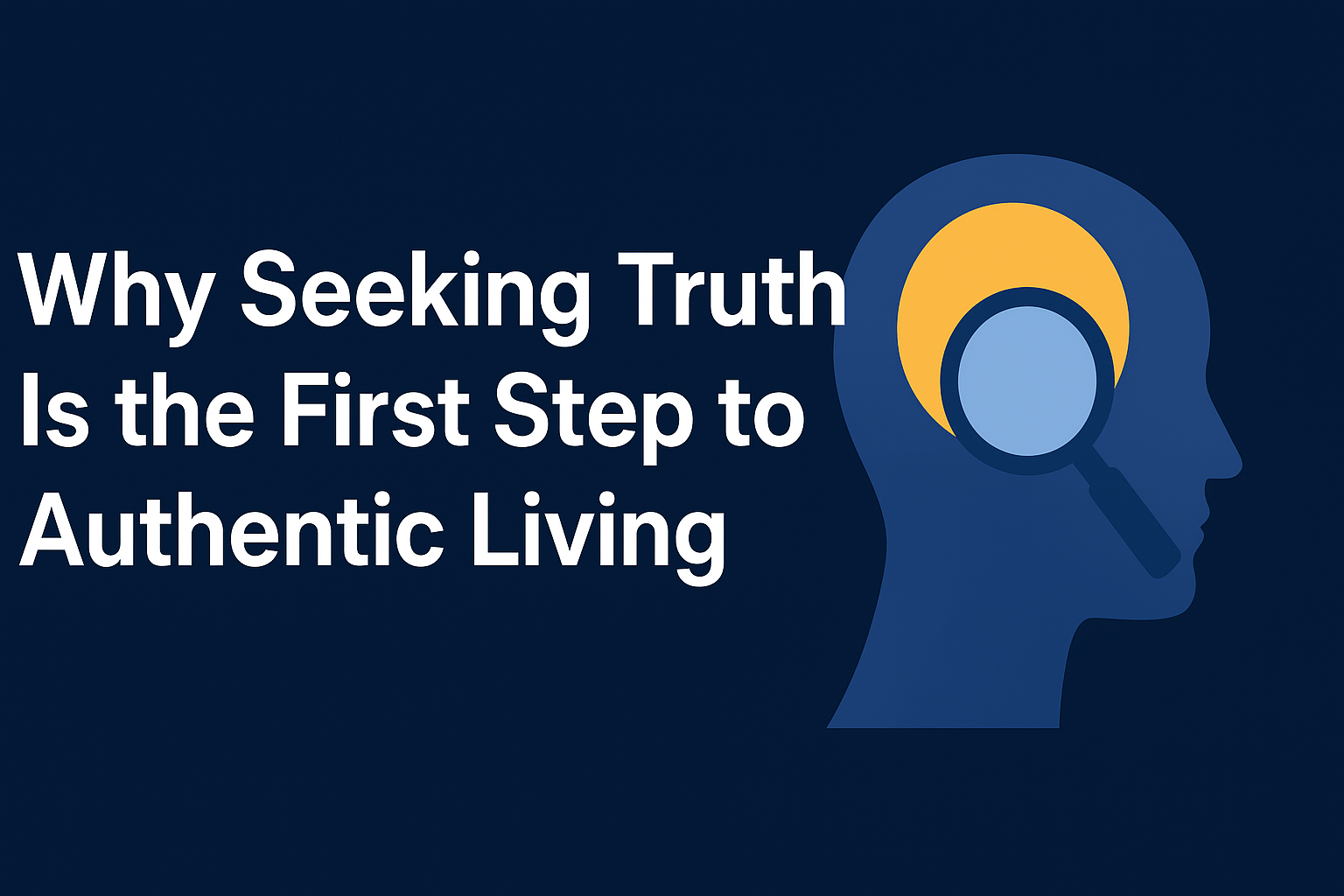College is a weird experience. You spend years of your life sitting in classrooms, pulling all-nighters, and stressing over exams, all for a piece of paper that’s supposed to open doors and solidify credibility. But when you take a step back and really think about it, did college actually teach us what we needed for the real world? The answer isn’t always as clear as we’d like.
For those of us who’ve ventured out into the world as entrepreneurs, business owners, or even just people trying to navigate life, college education might not have given us everything we thought it would. But here’s the thing—it did teach us some important lessons, just maybe not the ones we expected (Number 6 is most revealing and may shock you!).
Let’s break down what college really taught us.
The Importance of Relationships
College Education: More Than Just Classes and Grades
The biggest takeaway from college education wasn’t the lectures or exams. It was the relationships we built along the way. Whether it was forming study groups, connecting with professors, or just hanging out with friends and classmates, these relationships shaped us in ways that textbooks never could.
Many times in class we were given group assignments. Being a control freak and wanting an A on an assignment I was willing to do whatever it took (including doing the entire assignment myself if others didn’t put in the effort). Taking the lead on these group projects and delegating the work practiced my leadership skills and how I work with others.
Networking Without Realizing It
College might’ve been your first taste of networking, even if you didn’t realize it at the time. Those friendships you made? Those late-night study sessions? They weren’t just about surviving the next exam—they were about learning how to connect with people, work with different personalities, and solve problems together. Those skills are crucial in the business world, where success often depends on who you know just as much as what you know.
A great example of this is in my history class my sophomore year I sat next to a classmate that I never talked to before and I didn’t find the most interesting to talk to. He did talk a lot in class and would attempt to pull me into his random conversations. Our school had multiple campuses that our professor would rotate to teach at every week. He would even get us in trouble for talking during lecture causing our professor to visit and stay at our campus most of the semester (annoying). Turned out we went to the same church and we had actually a lot more in common than I thought. We ended up being great friends and he ended up launching a very successful everyday luxury brand and I went on to do my thing as well. Our friendship has brought tremendous amount of value.
Another example to drive this home is a great connection I developed with my business professor who was my professor for the majority of my business classes. She provided me with much needed guidance and advice throughout my career. She even vouched for me and wrote me a letter of recommendation that landed me an all tuition paid scholarship to any state university.
Action Tip: Whether you’re in college or not, invest in your relationships. You never know when a random classmate or co-worker could become a future collaborator or mentor.
Learning How to Learn
Adapting to New Challenges
One of the most underrated skills college teaches is how to learn. And no, I don’t mean memorizing facts for a multiple-choice test. I’m talking about figuring things out on your own, adapting to different teaching styles, and overcoming unfamiliar challenges.
In the business world, things rarely go according to plan. Whether it’s a new project or an unexpected problem, you’ll constantly find yourself learning on the go. College, with its mix of assignments, labs, and group work, gave us a crash course in adaptability.
I remember walking into an science class I was completely unprepared for. The professor might as well have been speaking another language. But instead of dropping the class, I stuck it out, did the research on my own, and by the end of the semester, I did very well. That hustle to figure things out has carried me through more than a few business challenges since.
Why This Matters for the Business World
As an business professional, you’re constantly learning—whether it’s mastering a new marketing strategy, understanding finances, or figuring out how to lead a team. The ability to learn on the fly is what sets successful business owners apart from those who get stuck in the same old routine.
Action Tip: Don’t stop learning just because you’re out of school. Stay curious, take on new challenges, and keep educating yourself. The world changes fast, and so should you.
Discipline and Time Management
Juggling Classes, Jobs, and Life
If there’s one thing a college education forces you to learn, it’s how to juggle. Between classes, part-time jobs, social life, and extracurricular activities, you had to figure out how to manage your time or face the consequences.
In business and in life, discipline and time management are everything. Whether it’s hitting deadlines, staying on top of projects, or making time for personal growth, the habits you build in college carry over.
I wasn’t exactly the best at time management in my early college days. I’d put off studying for a test until the night before, then drink coffee like it was water to stay awake. But after a few rough grades, I realized something had to change. I started making schedules, prioritizing my work, and—surprise!—things got a lot smoother.
The Entrepreneur’s Schedule
As an entrepreneur, those same skills are essential. Entrepreneurs run their own business, which means no one’s checking in to make sure you’re staying on task. It’s all on you. Having the self discipline to follow through and manage time effectively makes the difference between turning dreams into reality vs dreams just staying dreams.
Action Tip: Practice discipline in your daily life. Whether it’s scheduling work hours, going the gym, or setting aside time for personal projects, make it a habit to hold yourself accountable.
Resilience and Problem-Solving
Bouncing Back From Failure
College taught us that failure isn’t the end of the world. How many times did you bomb a test or mess up an assignment? It sucked in the moment, but you learned to bounce back. That resilience is one of the most valuable lessons you can take into the real world.
I’ll never forget the time I completely bombed a statistics exam. I thought I was done for. But instead of letting it sink me, I regrouped, met with the professor, and put in the extra work. By the end of the semester, I managed to pull my grade up. It wasn’t pretty, but I learned more from that failure than I did from the majority of my business classes.
Real-World Problem-Solving
When you start a business, things go wrong all the time. Clients back out, products flop, and sometimes, you’ll face a problem you have no idea how to solve. But if college taught us anything, it’s how to think critically and push through setbacks.
Action Tip: Don’t shy away from failure. Embrace it, learn from it, and use it to fuel your growth.
Questioning the Status Quo
Thinking for Yourself
Whether you decided to go to college or being the first in your family to get a college education. Asking if college is a path to take is one of the first steps to thinking for ourselves. Many times we go to college just because that is what we see others are doing or this is what our parents wanted us to do. Asking these questions is what we do here at Permission Free Living.
That mindset is invaluable as an entrepreneur. You’ll often find yourself questioning conventional wisdom, whether it’s about how to run your business or how to live your life. The most successful people I know didn’t follow a cookie-cutter path—they blazed their own trails.
Blazing Your Own Path
In my own experience, choosing to start a my own thing wasn’t the traditional route. Many people in my life encouraged me to take the “safer” corporate job path. Which I did for a good majority of my 20’s but I quickly learned that though it may seem “safer” it is actually just as risky as doing your own thing!
However not everyone is called to own their own business or become a real estate investor. But here at Permission Free Living we believe that everyone is called to do something amazing! While you’re discovering and learning what that is, you can still succeed in your career and use that success to fund your dream on the side that can eventually become your main source of income.
Action Tip: Don’t be afraid to challenge the norm. Sometimes the best opportunities lie in doing things differently from everyone else.
Money Management Matters
Facing the Reality of Student Loans
One of the harshest lessons college education taught us was about money. For many student loans are an extremely rude awakening and seem like the only option available to fund their education. However once you graduate, that debt is real, and it sticks with you.
According the Education Data Initiative, as of 2024 the national student loan debt is at a whopping 1.7 trillion! (Hanson, 2024) That’s insane! This debt includes undergraduates, post graduates and past alumni’s with still outstanding debt. Many can’t pay off their their loans and turn to defaulting on their loans or filing bankruptcy. But the harsh truth is that they don’t tell you is that student loans are extremely difficult to bankrupt and get off your credit report. If you have considered bankruptcy as an option, we highly recommend visiting IRS website or resources in the references section. All data references are simply for information purposes.
College didn’t exactly teach us how to manage it, but it made us realize the importance of financial education. The purpose of Permission Free Living is to provide as much free financial education as possible to stop these numbers from rising. Check out our resources for money management also free budgeting you can use. Also visit your local school for resources on FAFSA to get grants or free scholarships.
If nothing else, graduating with debt pushed many of us to learn about saving, investing, and building a financial future outside of what we were taught in school. It’s an area where a lot of young adults struggle, but it’s a key part of building a successful life.
Action Tip: Start learning about financial independence early. It’s not glamorous, but budgeting, saving, and investing are life skills that will serve you in every area of life.
Conclusion: College Was Just the Beginning
College education wasn’t the end-all, be-all that many of us thought it would be. But it did teach us valuable lessons—about relationships, discipline, resilience, and financial independence. Whether or not you finished college, these are lessons you can carry with you into life and business.
At the end of the day, success isn’t about what you learned in a classroom. It’s about how you apply what you learned in the real world. So take these lessons, keep learning, and build the life you want—on your terms.
Call to Action: If you’re ready to take your success to the next level, check out our podcast or dive into our resources for building a mindset of growth, resilience, and financial independence.
References
Hanson, Melanie. “Student Loan Debt Statistics” EducationData.org, July 15, 2024,
https://educationdata.org/student-loan-debt-statistics
Fontinelle, Amy. “How to File for Student Loan Bankrupticy” Investopedia.com, September 06, 2024, reviewed by, Brock, Thomas, https://www.investopedia.com/how-to-file-student-loan-bankruptcy-4772237
U.S. Department of Education. (n.d.). Student Loans and Bankruptcy. Retrieved from https://studentaid.gov/manage-loans/forgiveness-cancellation/bankruptcyLusardi, A., & Mitchell, O.S.
(2014). The Economic Importance of Financial Literacy: Theory and Evidence. Journal of Economic Literature, 52(1), 5-44. https://doi.org/10.1257/jel.52.1.5





